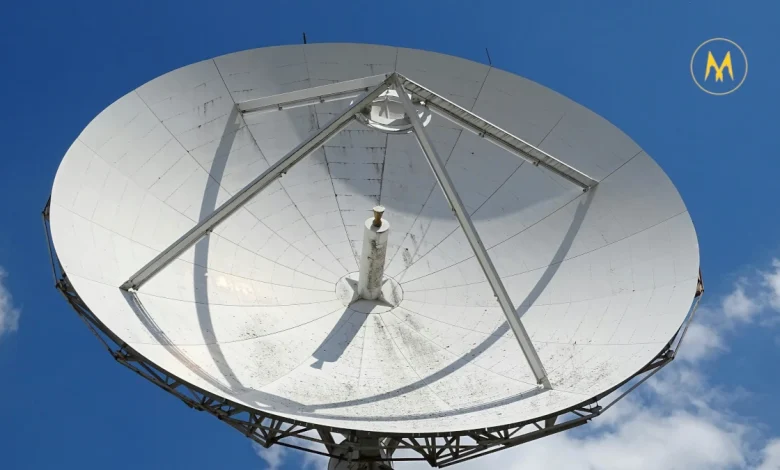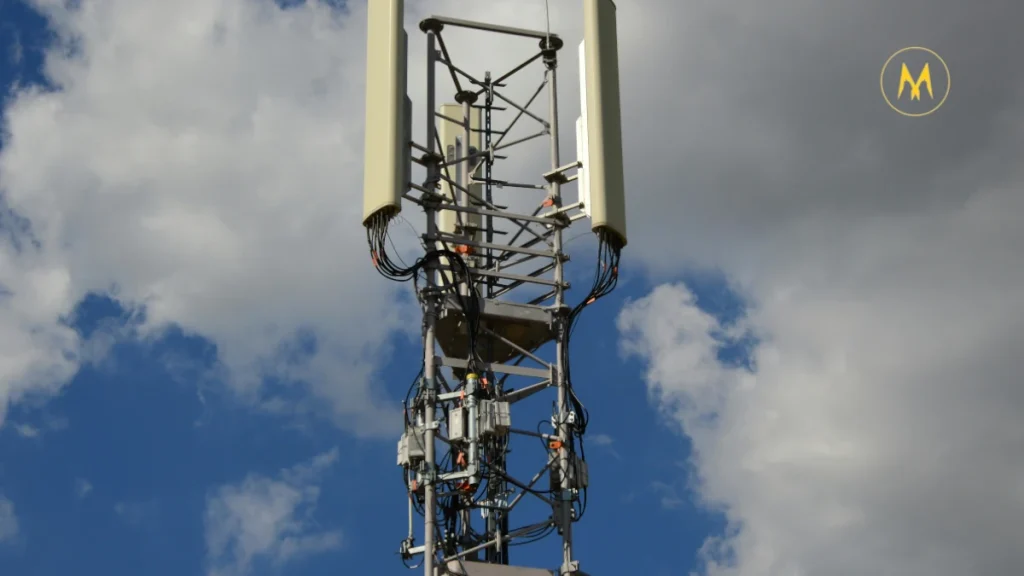EchoStar Seals $23B Spectrum Deal with AT&T: A Game-Changer for 5G in the U.S.
EchoStar’s $23B Deal with AT&T

The United States continues to witness rapid advancements in telecommunications, with companies racing to strengthen their 5G networks. In one of the biggest telecom deals of the decade, EchoStar has sealed a $23 billion spectrum sale with AT&T, creating a major shift in the wireless landscape. This agreement does not only involve numbers and contracts—it marks a turning point for mobile connectivity, internet services, and the future of digital communication in the U.S.
AT&T gains valuable low-band and mid-band spectrum that enhances its 5G infrastructure, while EchoStar secures financial stability and focuses on reshaping its core business. For consumers and businesses alike, this deal could mean faster connections, broader coverage, and more competitive services. Let’s break down what this means, why it matters, and how it reshapes the future of U.S. telecom.
Why AT&T’s Acquisition of EchoStar Spectrum Matters
The telecom industry relies heavily on spectrum licenses, which act as the invisible highways for wireless communication. By acquiring EchoStar’s spectrum assets, AT&T strengthens its ability to deliver faster 5G speeds and expand its home internet services.
For years, spectrum shortages have been one of the biggest challenges for U.S. carriers. AT&T now positions itself ahead of competitors, with more room to expand into rural areas while improving performance in crowded cities. Customers can expect smoother streaming, faster downloads, and fewer disruptions during peak hours.
Impact on EchoStar’s Business Strategy
EchoStar faced mounting pressure from regulators to fully utilize its spectrum assets. Selling them to AT&T removes that burden and brings in $23 billion in cash, giving the company breathing room to restructure.
Instead of struggling to compete head-to-head with larger wireless carriers, EchoStar can now focus on its satellite TV services, Boost Mobile, and digital broadcasting solutions. This move helps the company strengthen its balance sheet and build a more sustainable long-term strategy.
What This Means for Consumers
For everyday users, this deal carries significant benefits. Customers using AT&T’s network will likely experience improved coverage and reliability. The boost in spectrum access also means faster 5G expansion, which can bridge the gap for rural communities that often lack high-speed internet.
Businesses also stand to benefit. Stronger 5G networks support advanced technologies like cloud computing, AI-powered applications, and the Internet of Things (IoT). In the long run, this contributes to smarter cities, more efficient industries, and a stronger digital economy.
The Bigger Picture: U.S. 5G Competition

The global race for 5G dominance is highly competitive, with countries like China, South Korea, and Japan making major strides. The U.S. needs strong infrastructure to remain competitive, and this deal pushes AT&T ahead in that race.
Verizon and T-Mobile continue to expand aggressively, but AT&T’s acquisition of EchoStar’s spectrum narrows the gap and ensures it can compete on equal footing. With more spectrum, AT&T is better equipped to handle growing demand for mobile data as millions of devices connect to the internet simultaneously.
ALSO READ: First Human Case of Flesh-Eating Screwworm Parasite Confirmed: What It Means for Global Health
Financial Impact and Market Reaction
When the deal was announced, EchoStar’s stock soared by more than 70%. Investors welcomed the move as a lifeline for the company, which had been under financial strain. AT&T also saw positive reactions, as analysts recognized the long-term value of owning more spectrum.
This transaction highlights how spectrum is one of the most valuable assets in the telecom world. Unlike other resources, spectrum is limited, and acquiring it provides long-term competitive advantages that cannot be easily replicated.
Challenges and Potential Risks
While the deal is a major win, challenges remain. AT&T must integrate the new spectrum into its network effectively, which requires billions of dollars in additional infrastructure investment. Expanding 5G coverage also demands coordination with regulators, local governments, and technology partners.
For EchoStar, the challenge lies in repositioning itself. With less focus on wireless competition, it must double down on areas like satellite broadcasting and mobile services. Success depends on how well the company reinvents its identity in an evolving telecom landscape.
Final Thoughts
The $23 billion EchoStar–AT&T spectrum deal is not just a financial transaction—it is a defining moment for the future of 5G in the United States. AT&T gains the tools to strengthen its network, deliver faster services, and compete globally. EchoStar, on the other hand, secures the resources to stabilize its business and redirect its focus.
For consumers, businesses, and the digital economy, the impact will be felt in better connectivity, broader internet access, and a stronger foundation for innovation. As 5G continues to reshape industries, this deal will stand as one of the most influential milestones in U.S. telecom history.
Frequently Asked Questions
It is a $23 billion agreement where AT&T purchases spectrum licenses from EchoStar to expand its 5G and wireless network coverage.
Spectrum provides the radio frequencies that carry data for mobile phones and wireless internet. More spectrum means faster speeds and broader coverage.
Customers will benefit from improved 5G speeds, stronger signal coverage, and better reliability in rural and urban areas.
EchoStar receives $23 billion in cash, which strengthens its finances and allows it to focus on satellite and broadcasting services.
Not entirely. EchoStar still owns Boost Mobile and other services, but it will rely more on partnerships instead of competing directly with major carriers.
It gives AT&T a stronger position to compete with Verizon and T-Mobile, making the race for nationwide 5G coverage more balanced.
Not immediately. However, stronger competition and better efficiency may lead to improved service packages for consumers over time.
The FCC regulates spectrum usage. The deal also resolves pressure on EchoStar to make use of its underutilized spectrum assets.
The additional spectrum allows AT&T to expand 5G and home internet services to rural areas, closing the digital divide.
Investors see the sale as a positive move, removing regulatory burdens and giving EchoStar fresh capital to stabilize and grow.





vdvzln
Hey,
This is Mike from Monkey Digital,
I am getting in touch regarding a exciting business deal.
How would you like to show our ads on your platform and link back via your custom tracking link towards high-demand SEO solutions from our platform?
This way, you receive a 35% residual income, every month from any sales that come in from your site.
Think about it, most website owners benefit from SEO, so this is a massive opportunity.
We already have thousands of affiliates and our payments are processed monthly.
Recently, we paid out $27280 in affiliate earnings to our promoters.
If you want in, kindly message us here:
https://monkeydigital.co/affiliates-whatsapp/
Or sign up today:
https://www.monkeydigital.co/join-our-affiliate-program/
Best Regards,
Mike Sem Rouxson
Phone/whatsapp: +1 (775) 314-7914